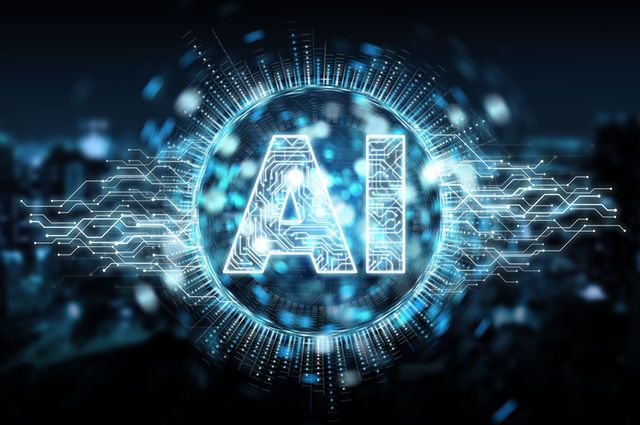How Artificial Intelligence (AI) Can Solve Major Deficiencies in Hospitality
15 experts shared their view
Artificial Intelligence (AI) can sift through and dynamically draw insights from mountains of data (operational, performance, guest, pricing, comp set, BI, marketing data, etc.) to allow hoteliers automate or augment operations, processes and decision making via various hospitality tech applications in guest services and operations, revenue management, CRM, guest communications, BI, digital marketing, personalization, inventory distribution, etc.
Obviously, it is up to specialized hotel tech vendors to carry the torch and create various AI-powered applications to solve concrete business needs and help the industry overcome its technology deficiencies. In the same time, hoteliers need to monitor, proactively familiarize themselves with and invest in the AI and other next gen technologies that are quickly making their way into hospitality.
The question is, what are the top five AI-powered applications that are must-have today and can solve the most immediate issues and deficiencies in hospitality?
In today's world, hospitality organisations are flooded with data, overcome by demands for personalisation and strained to be cost-efficient. Tools that could streamline operations while processing data to provide actionable insight might very well be the knight in shining armour for the industry.
AI-powered applications, if adopted intelligently, could very well be this knight for organisations. Filling in all the gaps, from labour issues to big data overloads, AI tools have extensive and effective applications within the industry.
There are, however, a few key areas in which AI applications could be especially beneficial.
- Direct booking
AI-powered chatbots that are integrated with Google My Business can bring potential customers from internet searches directly to the hotel's own booking engine. Chatbots can also elevate the direct booking experience by driving relevant and personalised conversations with the customers to enable seamless booking. Research has found that if given a choice between filling out a website form or generating the answers through a chatbot, 86% of customers preferred a chatbot.
Moreover, the technology can track customers lingering in the booking process and direct a salesperson to assist them with the booking process one-on-one. Additionally, shifting focus to direct booking allows hoteliers to cut down on the commissions paid to OTAs.
- Upsell/Cross-sell
A chatbot combines AI and natural language processing to create more natural and relevant dialogues, which can enable frictionless upselling and cross-selling. Customers today prefer cross-selling services, with 53% considering booking transport services and 55% booking attractions through the hotel. This means that not only can hoteliers use the guest profiles created through the AI to promote hotel services, but the information can also be used with other partnered organisations, making the hotel the central point in the traveller's experience. Also, AI-assisted notifications can align guest preferences with available offers and notify the Front Desk staff, allowing them to reach out to guests with the most relevant offers available.
- Concierge
AI-powered concierge creates a simple and intuitive communication channel that can handle up to 60% of guest interactions. It not only accommodates the speedy service expected by today's guests, but also assists in promoting events and activities in and around the hotel. From suggesting trekking and snorkelling to the adventurous guests to cuisine options at partnered restaurants to the food-lovers, AI concierges can analyse the guest data and guide them towards the perfect experience. Research by Gartner shows that an American house will have around 500 AI-powered devices by 2022. This inevitably means that AI-based interactions will soon become a mandate for hotels as well.
- Guest request
AI-powered applications can easily accommodate guests 24/7 and can answer from 60% to 90% of repetitive guest questions. The applications can engage in more humanised dialogues with the guests to ensure that their exact requirements are met. Moreover, these applications can attend to multiple guests simultaneously and direct the requests to the relevant departments, easing the work on the staff. According to IBM, an AI-chatbots contribution can reduce customer service costs by 30%.
In addition to that, AI applications can ensure timely delivery of services through time-tracking functions and notify relevant persons in case of delays, securing a seamless experience for the guests.
- Performance tracking
AI applications can easily be programmed to keep track of business-relevant metrics. From operational KPI monitoring and inventory management to rate monitoring and housekeeping scheduling, AI bots are capable of tracking millions of variables, including staff attendance and room occupancy, and assessing them against set criteria. The AI then uses this analysis of data and trends in machine learning-based algorithms to assist decision making and provide predictive analytics.
AI-powered applications can come to the rescue during some of the most common and persistent challenges in the hospitality industry. It is high time for hoteliers to combine the superior efficiency of smart tech with the responsiveness of AI to deliver exquisite guest experiences.


